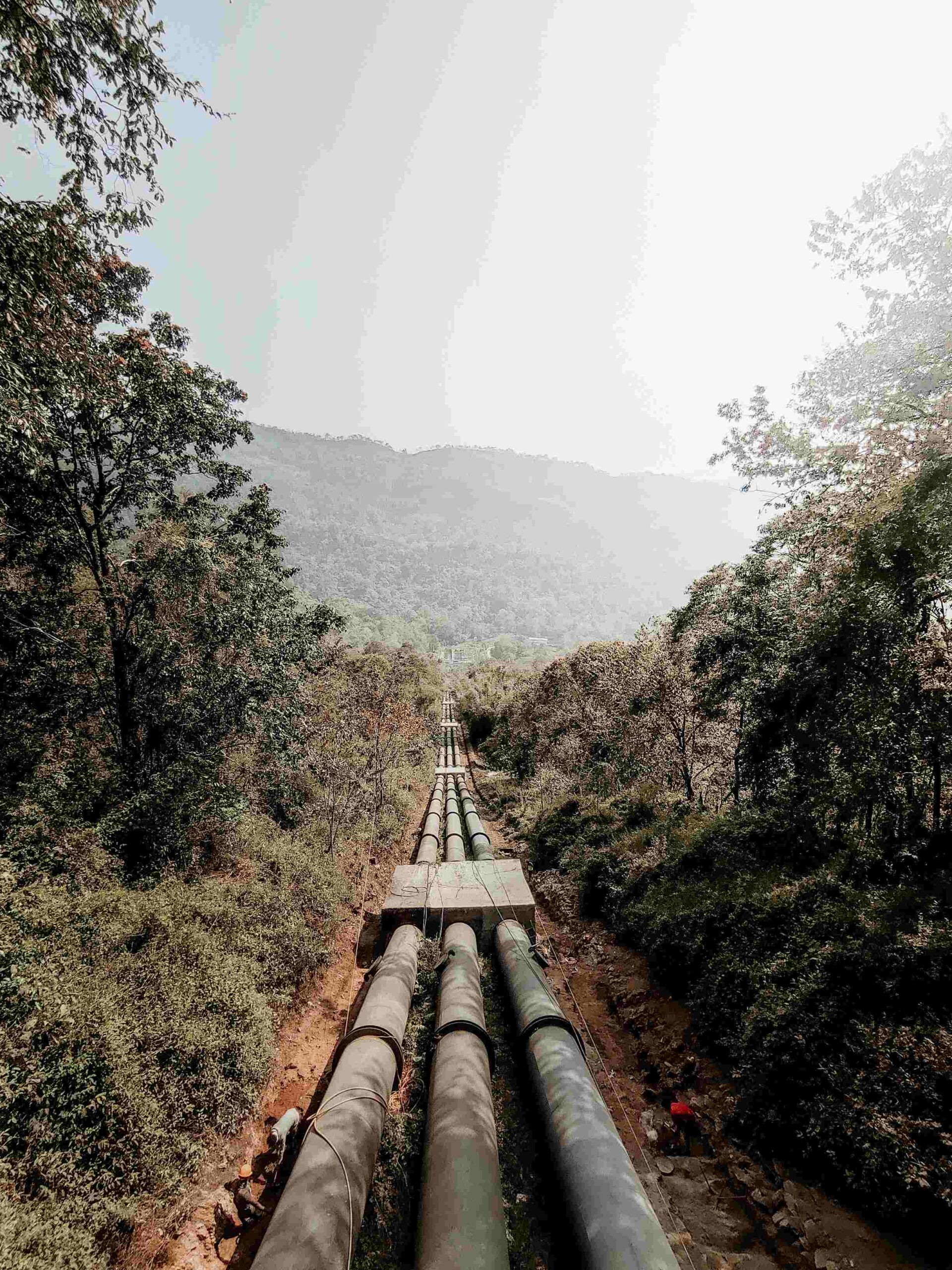Russia threatens to stop gas supply if not paid in rubles
Vladimir Putin signed a decree requiring buyers to “open ruble accounts in Russian banks” starting Friday.
“No one sells us anything for free, and we don’t do any charity – that means existing contracts will be terminated,” the Russian president said.
Russian gas still flowed into Europe, even as firms grappled with President Vladimir Putin's threat to turn off the taps unless they paid in roubles https://t.co/33RGVNg45N pic.twitter.com/tTbIzMfI9b
— Reuters (@Reuters) April 1, 2022
Putin’s demands are seen as an attempt to revalue the ruble, which has been hit by Western sanctions.
His decree stipulates that foreign buyers of Russian gas must open an account with Gazprom and transfer euros or dollars to it.
Gazprombank then converts these into rubles, which are then used to pay for gas.
Although the order went into effect for gas exported on Friday, European buyers won’t be able to pay for the gas until mid-May. Jack Sharples, research fellow at the BBC’s Oxford Institute for Energy Research.
This suggests that supply may not be immediately threatened.
Putin said the switch to the ruble was to strengthen Russia’s sovereignty and that if the West made commitments, it would honour its commitments in all treaties.
Germany said Mr Putin’s announced changes amounted to “extortion”.
Western countries have imposed economic and trade sanctions on Russia since Russia invaded Ukraine, but unlike the U.S. and Canada, the European Union has not banned oil or gas because its members rely heavily on oil or gas.
The EU gets about 40% of its natural gas and 30% of its oil from Russia, and there are no easy alternatives if supplies are disrupted. Meanwhile, Russia currently receives €400m (£340m) a day from gas sales to the EU, and it cannot divert those supplies to other markets.
For the Kremlin, this should signal a sharp escalation in the economic fight between the West and Russia over the invasion of Ukraine.
Vladimir Putin has outlined a way to cut off gas supplies to Europe if Western customers refuse to pay for supplies in Russian rubles.
However, market reactions suggest that the details of the mechanism mean that in practice European clients only need to switch their FX dealers to Gazprombank. For the continuity of energy trading, the bank has no license.
As a result, gas prices are still high, but not soaring into the stratosphere today. There should be a workaround.
Such a solution “saved face” for Putin, as one leading analyst told me, who sounded harsh on his home TV. Ultimately, as Russian officials have repeatedly said for decades, Russia’s energy supply to the West would not be interrupted, even at the height of the Cold War.
After all, Russia still needs funding for gas, and after signing the peace deal, it still wants to leave the possibility of a market for its main export. However, it is also true that the risk of closures has escalated. EU countries are ready for contingency measures to meet demand and are now more willing to face them in spring and summer than in winter.
The net effect of the announced mechanism is to limit the ability of the West to freeze the revenue it pays to Gazprom, which Putin says gets gas for free.
Some Ukrainian officials have proposed the practice. Oil and Gas The dollar and euro continue to help the Kremlin resist a string of tough financial sanctions.
About half of Germany’s natural gas and one-third of its oil comes from Russia, which has urged its citizens and businesses to reduce consumption in response to potential shortages. Austria, which imports about 40 percent of its natural gas from Russia, is stepping up its market surveillance.
The “early warning phase” that Germany and Austria have launched as part of existing gas contingency plans is the first of three steps in the country’s preparation for potential supply shortages. In the final stage, the government will implement gas rationing.
Elsewhere, Bulgaria, which gets 90 percent of its gas from Gazprom, has launched underground drilling tenders as part of a plan to nearly double the country’s gas storage capacity and prepare for any supply disruptions.
While the UK will not be directly affected by supply disruptions as it imports less than 5% of gas from Russia, it will be affected by higher world market prices if European demand increases.
The British government said it had no plans to pay for Russian gas in rubles.

1 comment
Can you be more specific about the content of your article? After reading it, I still have some doubts. Hope you can help me.